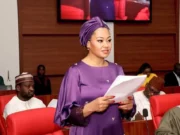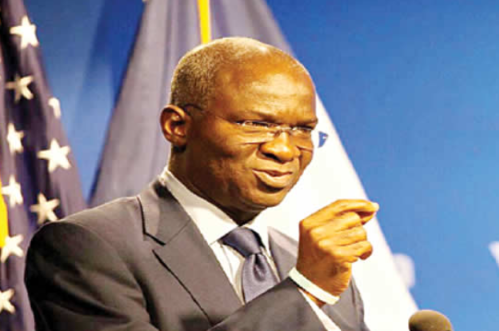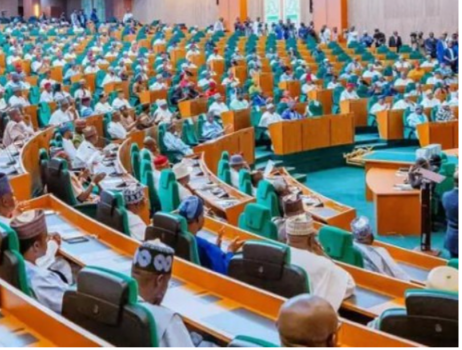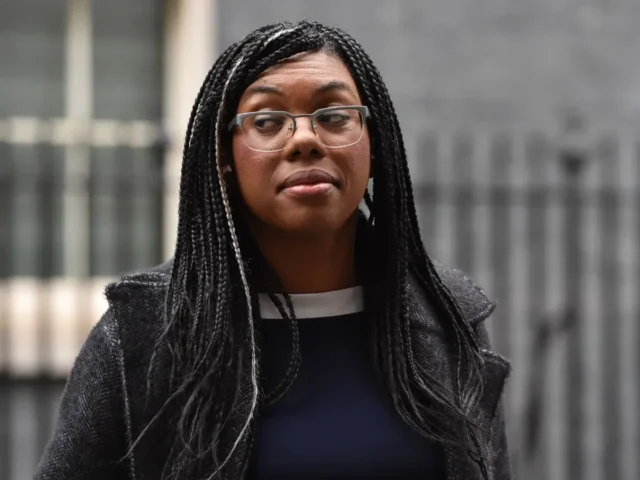Kemi Badenoch, a prominent British political figure and former cabinet minister, recently opened up about a personal dilemma involving her children and Nigerian citizenship. Born in the UK in 1980 to Nigerian parents, Badenoch spent much of her early life in Nigeria before returning to Britain at age 16. Now a mother of three, she expressed frustration that her children cannot inherit her Nigerian citizenship—an issue she says stems from her being a woman.
In a televised interview, Badenoch compared the strictness of Nigeria’s nationality laws to what she called the United Kingdom’s relatively open immigration system. She criticized individuals who migrate to the UK and then behave in ways that wouldn’t be tolerated in their countries of origin, particularly forming isolated cultural communities. She argued that such behavior would never be acceptable in Nigeria and shouldn’t be accepted in Britain either.
Highlighting the irony, Badenoch noted that although she holds Nigerian citizenship by descent, she cannot pass it on to her children due to gender-based legal barriers. Meanwhile, she pointed out, many Nigerians come to the UK and gain British citizenship without significant hurdles. This, she said, reflects a double standard that needs to be addressed.
Badenoch, who held senior roles under two UK prime ministers between 2022 and 2024, reiterated her long-held view that immigration policies in Britain need to be tightened. She promised that if elected prime minister, she would make it more difficult to obtain British citizenship, aiming for a system that is more controlled and selective.
However, her comments stirred immediate controversy. Legal experts quickly referenced Nigeria’s Constitution, which allows any child born abroad to a Nigerian parent—whether mother or father—to claim citizenship by birth. This directly contradicts Badenoch’s assertion, suggesting that her children may indeed qualify for Nigerian citizenship under current laws.
Her story highlights the emotional and political complexity of immigration and nationality laws. While she criticized what she sees as gender discrimination in Nigeria’s legal system, many believe her interpretation may be inaccurate. The debate has reignited discussions around fairness, gender rights, and the evolving definitions of national identity—both in Nigeria and the UK.
At the heart of her remarks lies a broader argument: that citizenship, whether Nigerian or British, should not be taken lightly. Yet her deeply personal narrative, meant to illustrate a broken system, may have instead exposed a misunderstanding of existing legal protections. The conversation continues, touching on policy, heritage, and what it truly means to belong to a nation.
















